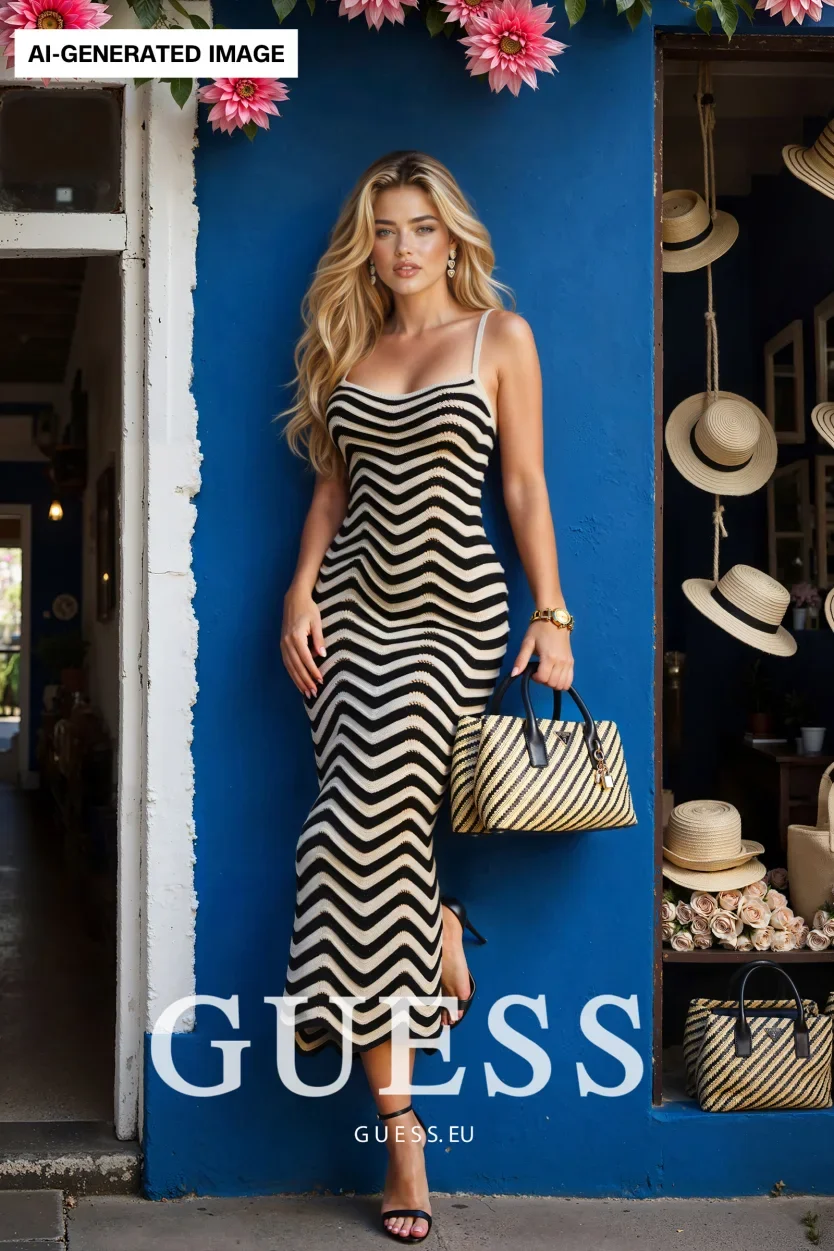Vogue Slammed for Publishing Guess Ad Starring AI “Supermodel”
Fashion giant Vogue sparked outrage this week after featuring AI-generated supermodels in a Guess advertisement in its August 2025 issue. The controversial ad highlights two artificial models named Vivienne and Anastasia, created by London-based AI agency Seraphinne Vallora. This marks the first major instance of a prestigious fashion magazine including computer-generated models in its print advertising.
The decision has ignited fierce debate about AI ethics and consumer trust in the fashion industry. Social media platforms, particularly TikTok, erupted with criticism as users condemned the use of "fake women" in place of human models. Many longtime readers have threatened to cancel their Vogue subscriptions, viewing the AI models as a betrayal of fashion's authentic roots.
Critics argue that such technology undermines the genuine connection consumers seek with brands and their representatives. Professional models have expressed growing concern about competing with digitally perfected, algorithm-created figures. Commercial model Sarah Murray voiced her frustration, noting that AI models add emotional strain to an already competitive industry.
Despite Saraphene Velora's claims that AI models are meant to coexist with humans, many in the industry see them as a direct threat to their livelihoods. New York's groundbreaking legislation requiring models to provide written consent for AI replicas offers some protection, but implementation remains months away.
AI models represent another impossible standard in an industry already filled with unrealistic expectations
The controversy highlights the tension between technological innovation and preserving human creativity in fashion. Guess's choice to feature AI models represents a significant departure from its iconic campaigns that previously starred celebrities like Eva Mendes and Drew Barrymore. The brand appears to be prioritizing digital perfection over the relatable human element that once defined its identity.
Industry observers question whether this shift will ultimately connect with consumers or alienate them. Beyond immediate backlash, the controversy raises broader questions about fashion's future. Models seeking representation now increasingly inquire about managers' contract terms regarding AI usage and rights.
Critics worry that AI-generated imagery might reverse progress made in representing diverse beauty standards, instead reinforcing unrealistic ideals under the guise of innovation. Mental health experts like Dr. Nicole Hawkins warn that exposure to these artificial models can promote unrealistic beauty standards that negatively impact women's self-image. This development stands in stark contrast to recent industry trends toward data-driven insights that value authentic audience connections over conventional beauty metrics.
The situation underscores why many aspiring models are turning to mother agents who provide personalized mentorship and advocacy in navigating these emerging industry challenges.
As brands experiment with artificial models, the industry faces a critical decision point about balancing technological advancement with authentic human representation and creative expression that consumers genuinely desire.

